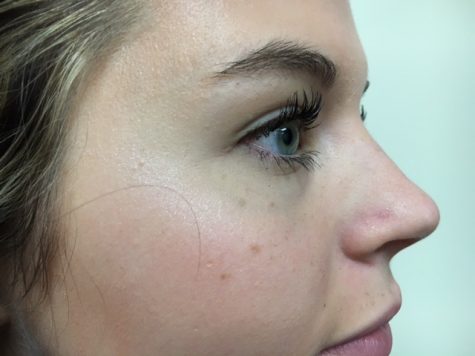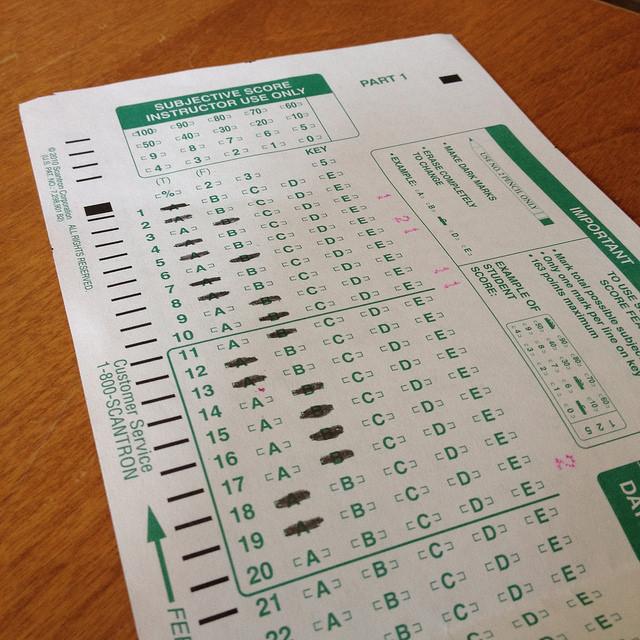Dress Well, Test Well – Fact or Fiction?
Does dressing well help you ace the test?
Everyone is familiar with the atmosphere on finals day: students scraping away at whatever motivation they still have left from the trimester, walking through the hallways sleep-deprived, staring blankly into space, the coffee and caffeine powerless against their pure exhaustion.
Most students arrive wearing whatever they can throw on the fastest, but this is not always the case; many students pride themselves in their clean and fastidious appearance on test day.
The name says it all. The so-called “Dress Well, Test Well” mantra has many students convinced that dressing more formally improves their academic performance. From high school all the way up to graduate school, this trend is gaining more and more attention.
In a 2012 study conducted by Northwestern University, scientists had students take a series of exams with and without a lab coat. The students with lab coats scored noticeably higher than those without. The prestigious university concluded that wearing attire associated with intellectual thinking substantially boosts your confidence and thus your test scores.
AVHS junior Claire Doty echoed that sentiment, noting she gets a boost in self-confidence when participating in this trend. “If I feel confident in the way I look, I’m more confident in my ability to answer questions effectively.”
This trend has been coined as enclothed cognition, a term that describes the phenomenon of clothing systematically affecting your psychological processes.
Other AVHS students, such as junior Josh Hillen, believe that the trend doesn’t just apply to school, but to your professional career as well. “I believe that people have to dress nicely to work everyday because it not only enhances their professionalism, but also their performance in their work routines and jobs.”
AVHS staff can relate to this perceived increase in professionalism. Mr. Hagg, Director of Speech and Debate, said, “I find that when one dresses professionally or more formal, he or she is more willing to take on a certain role, such as presenter or examinee.” This professionalism can translate into the confidence needed to succeed in both school and work.
However, many students are not convinced. Sophomore Max Moynihan said, “I don’t participate because I believe that dressing in something comfortable would make you feel better.”
Students like Max may be correct. A recent study conducted by the Family and Consumer Sciences Research Journal reveals that dressing well doesn’t necessarily mean that you test well. In the study, students were asked a series of questions prior to taking their exams to judge their perceived comfort in their clothing. Students who felt more comfortable ended up testing better than those who did not.
As you can see, the AVHS community is very divided in their perception of how attire affects academics. Regardless of your position, the bottom line is that there is no clearcut answer to whether or not clothes affect your academics.
From suits to sweatpants, AVHS has it all on finals day. Whether it’s comfort or style you seek during exams, remember this: focus more on your test, less on your dress.







jada graves • Mar 20, 2017 at 8:42 am
i think its up to the person decision on whether how he or she wants to dress during a test and what makes them more comfortable, on the other hand it’s also his or her decision to whether they want to make a failing or passing grade.